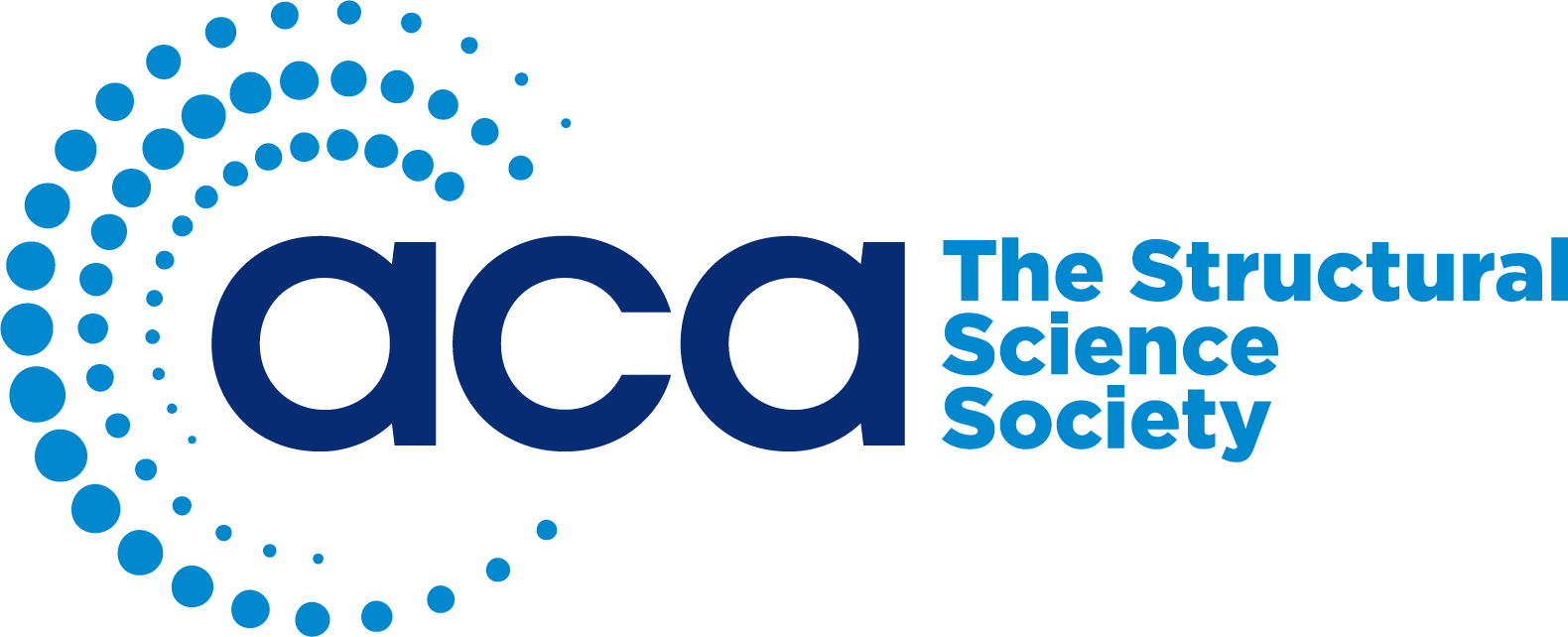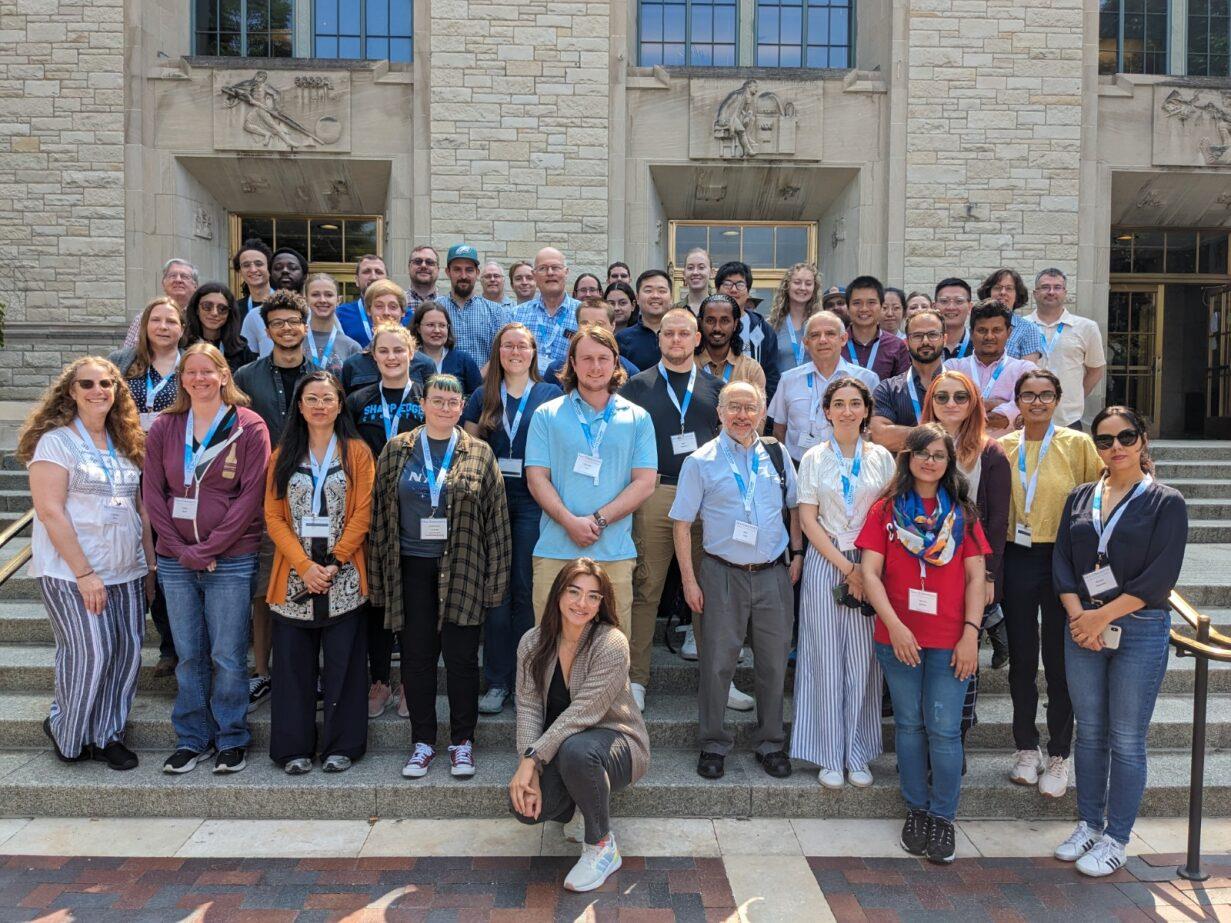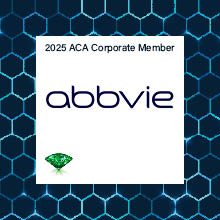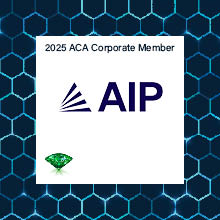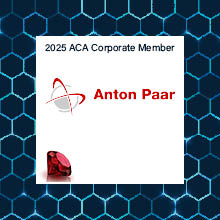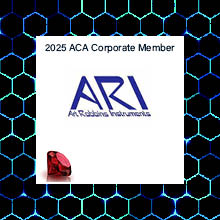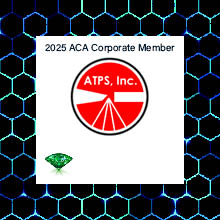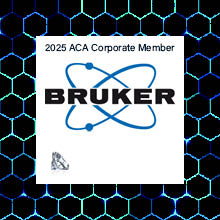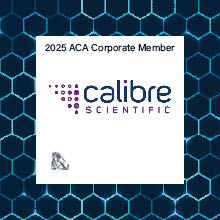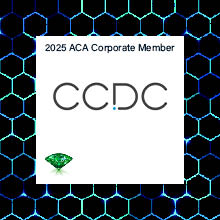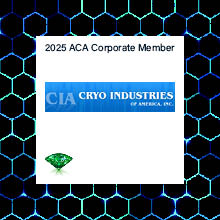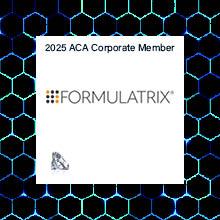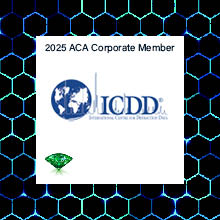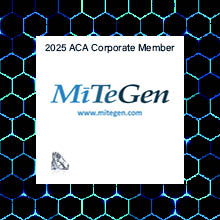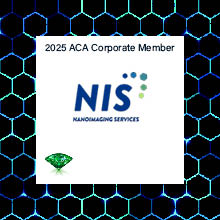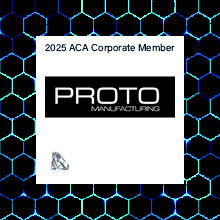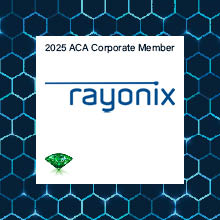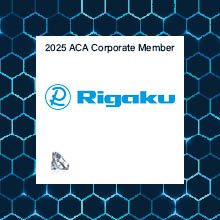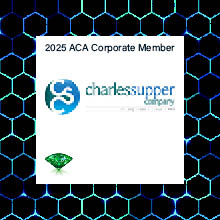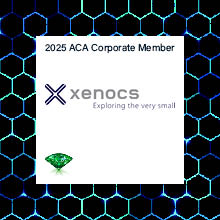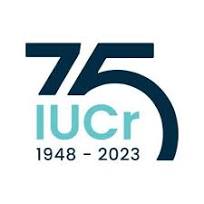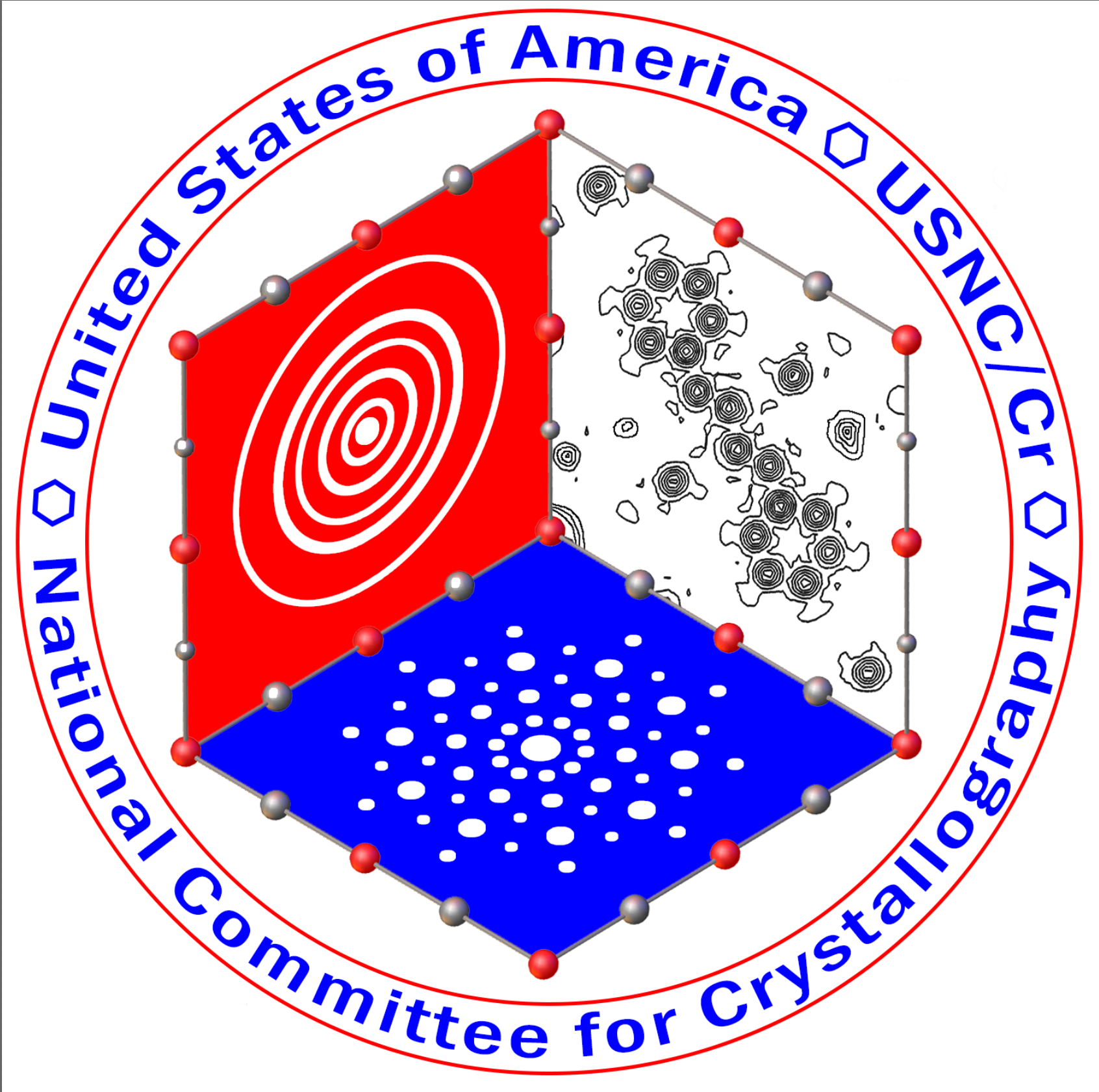- Home
- About ACA
- Publications & Resources
- Programs
- Annual Meeting
- Membership
- -History-
- ACA Video Library
Education & OutreachEducation and outreach is a major component of the ACA's organizational philosophy. The ACA is committed to supporting educational and research experiences for everyone. It is through education and outreach activities that we will inspire the next generation of scientists and crystallographers. The ACA supports outreach and education in science, including activities such as crystal growing competitions, educational videos, and events for the public. The ACA has been honored to support a number of different endeavors, all over the United States and for all different ages and educational levels. The ACA will sponsor educational activities that are of benefit to crystallographers, scientists and/or educators. These events may involve the entire crystallographic community or just some part. They may be schools, workshops, courses or publications. While it is impossible to characterize all potential educational activities, they will typically fall into three broad categories: (1) Continuing Education (education aimed to experienced structural scientists), (2) Introductory Crystallography (education aimed at researchers who wish to learn about crystallography) and (3) Educational Activities (educational activities aimed at teachers and students to provide information about teaching crystallography). The primary mission of the ACA is to promote the study of the structure of matter, and to advance the tools and methods used in such studies. The specific initiatives through which the ACA pursues this mission are articulated and driven by its members. As a matter of policy, the ACA does not provide financial support to initiatives originating outside of its membership (e.g., initiatives proposed by outside organizations).
Find Out More & Apply for ACA Sponsorship: The ACA's goal is to promote the study of the structure of matter and feels that inspiring a new generation, assisting current students and offering continuing education for established scientists is incredibly important. If there is an initiative that falls within the parameters of the ACA's sponsorship policy, while we do not guarantee sponsorship, we encourage the submission of a sponsorship request. The deadlines to submit requests are April 1st, June 1st and October 1st each year. Summer Course Requirements/Sponsorship Information Sponsorship Of Educational Activities If granted the ACA may request the inclusion of the ACA logo at the proposed event. At the conclusion of the event or sponsorship the ACA should be provided with testimonials and/or photos of the event for promotional purposes online or in any of the ACA print publications.
ACA Summer CourseThe ACA Summer Course in Chemical Crystallography is a program that is now into its third decade of instruction here in the United States. The objective of the ACA summer courses is to provide training both in theoretical and practical aspects of crystallography, primarily to graduate and postdoctoral students. While crystallography continues to play an increasing role in the physical and biomedical sciences, the simple use of highly automated procedures and techniques can lead to gaps in fundamental knowledge of the subject, and hinder it's successful application to unusual or difficult research problems as well as proper interpretation of results.
Many institutions do not offer much, or in some cases, any, formal training in crystallography, yet this knowledge can be crucial for the next generation of scientist's research efforts. The ACA summer courses are intended to fill this knowledge gap by providing thorough training in crystallography, either by supplementing training from the home institution, or by providing an initial background in proper practices for new labs. Applications are accepted starting on January 1st. The courses are taught by recognized leaders in the field, have an extensive hands-on component while also covering theoretical foundations, and serve as a knowledge base in that valuable contacts made with instructors and fellow students often are maintained by the participants for years. |
